You may have heard that co-ops can now obtain loans under the federal government’s Paycheck Protection Program (PPP) as a result of their being included in the new Stimulus Bill. The rules governing the inclusion have finally been released by the US Small Business Administration.
First, the window for co-ops to seek a loan under the PPP is now open. In that regard, the Consolidated Appropriations Act, 2021 (the Act), signed into law on December 27, 2020 included a second round of PPP funding for those businesses that already got a PPP Loan (now known as a ‘First Draw’ loan) and also permits a First Draw Loan for any business (which now includes co-ops – but not condominiums or homeowners associations) which did not get a First Draw loan originally.
Under the program, First Draw loans can presently be used to help fund payroll costs, including benefits. Funds can also be used to pay for mortgage interest, utilities, worker protection costs related to COVID-19, uninsured property damage costs caused by looting or vandalism during 2020, and certain supplier costs and expenses for operations.
You should note, however, the application form for a First Draw PPP Loan will require an officer of the co-op to swear and attest to the following representations:
2. Current economic uncertainty makes this loan request necessary to support the ongoing operations of the Applicant, and;
You should not take this certification lightly, as any board member certifying the need for a PPP loan will be doing so in a fiduciary capacity, and therefore could possibly be held personally liable if certifying false information or representations. In that regard, the application form also requires the officer of the co-op who executes the application form to agree to the following statement:
“I understand that if the funds are knowingly used for unauthorized purposes, the federal government may hold me legally liable, such as for charges of fraud. I understand that knowingly making a false statement to obtain a guaranteed loan from SBA is punishable under the law, including under 18 U.S.C. 1001 and 3571 by imprisonment of not more than five years and/or a fine of up to $250,000; under 15 U.S.C. 645 by imprisonment of not more than two years and/or a fine of not more than $5,000; and, if submitted to a federally insured institution, under 18 U.S.C. 1014 by imprisonment of not more than thirty years and/or a fine of not more than $1,000,000.”
Based on the above, it is extremely important for co-ops - and the officers who may execute PPP loan application forms - to make absolutely certain that an application for a PPP loan is accurate, honest, and submitted in good faith. In that regard, if your co-op has experienced a drop in maintenance revenue, rent revenue from commercial tenants, and/or unexpected costs due to damage or the need for supplies, it would seem reasonable to apply. However, if you are not sure whether your co-op is suffering financially from COVID-related circumstances, or if you expect those circumstances to change, you should think carefully and consult with your co-op’s attorney and accountant before proceeding with a PPP First Draw Loan application.
It should be noted that just like last the first round of PPP loans last year, new First Draw PPP Loans will be forgiven - if during the 8- to 24-week period following loan disbursement, the following are true:
- Employee and compensation levels are maintained
- The loan proceeds are spent on payroll costs and other eligible expenses
- At least 60 percent of the proceeds are spent on payroll costs
If you believe your co-op qualifies, there is another important consideration.: If your co-op has an underlying mortgage (which nearly all co-ops do), the mortgage documents for that loan most likely contain a restriction on additional borrowing without your bank’s prior approval. This matters, because while a PPP Loan will likely be forgiven and not need to be repaid (provided the co-op follows all the rules and regulations regarding the use of the loan funds), a PPP loan is still technically a loan, and therefore constitutes additional debt - which will likely trigger a requirement to obtain your mortgage lender’s approval. For this reason, we believe it makes sense to contact the bank who holds your co-op’s underlying mortgage when applying for a PPP Loan.
You can usually process the PPP Loan application through that lender - which will enable you to address the aforementioned consent issue at the same time. If you decide to process your PPP Loan application through another lender (such as the bank where you have your operating or reserve accounts), you will likely need to obtain approval from your mortgage lender - again, depending on what your loan documents provide. You should also check your governing documents to make sure there are no other limitations or conditions on obtaining a loan.
Since the funds available for PPP loans are limited and given on a first-come-first-served basis, time will be of the essence to apply for and obtain your PPP loan. In that regard, borrowers can apply for a First Draw PPP Loan until March 31, 2021. As indicated above, unfortunately, this stimulus bill did not include condos and HOAs, who currently remain ineligible for PPP money.
Marc H. Schneider is a partner at the New York-based law firm of Schneider Buchel, LLP, specializing in the legal concerns of co-op, condo, and HOA communities.



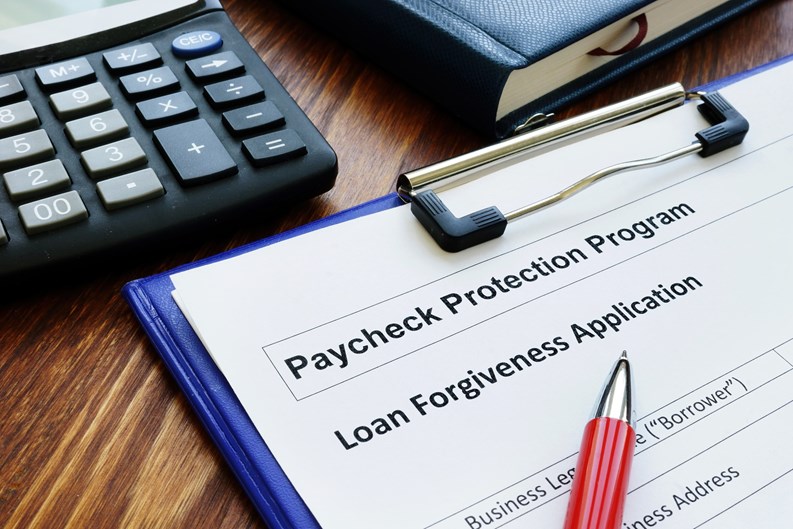
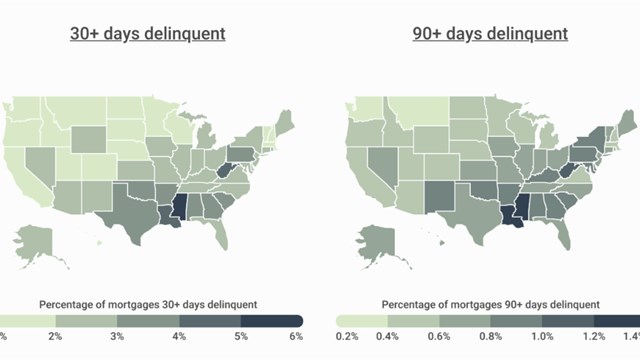
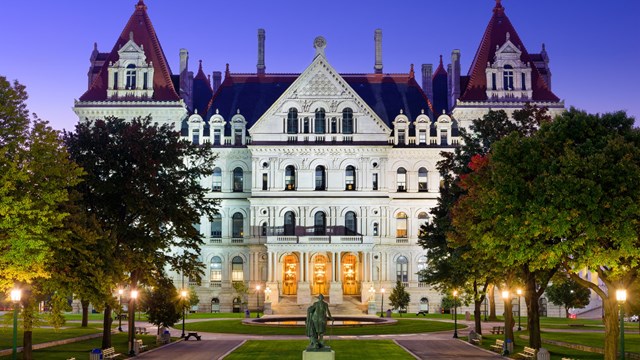

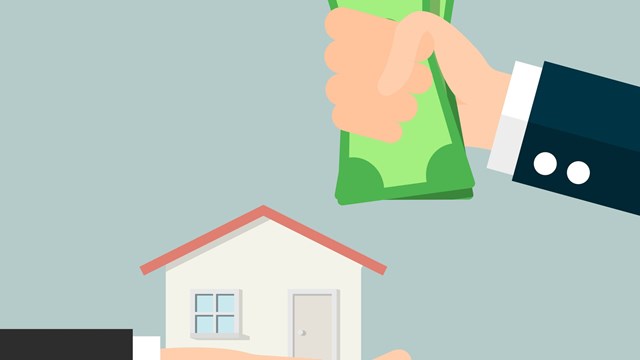
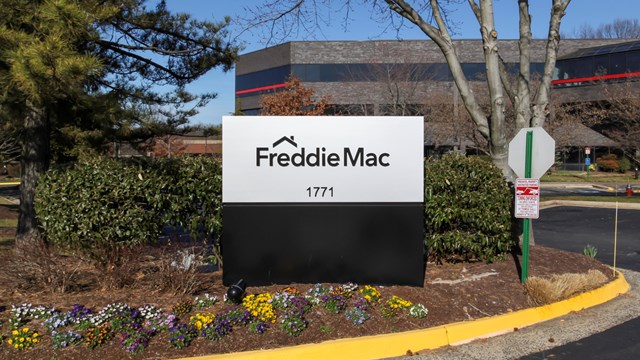
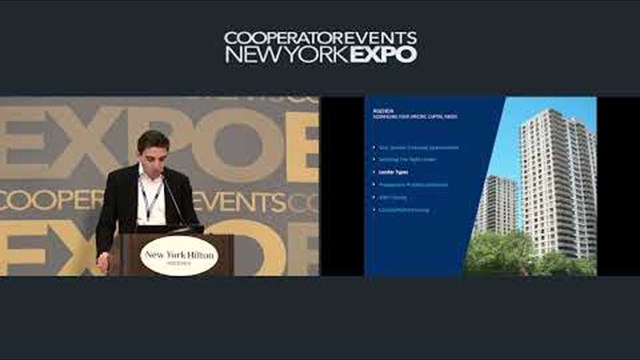
Leave a Comment